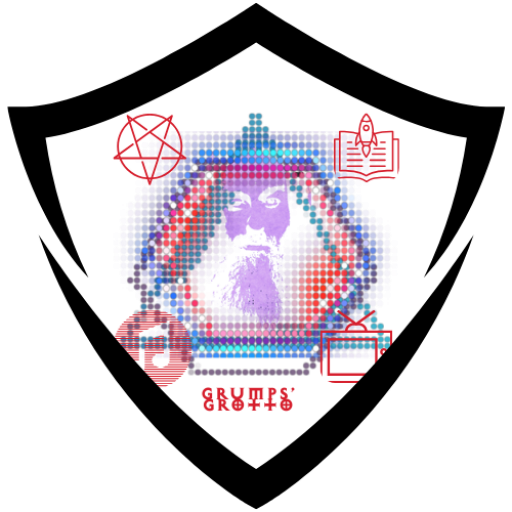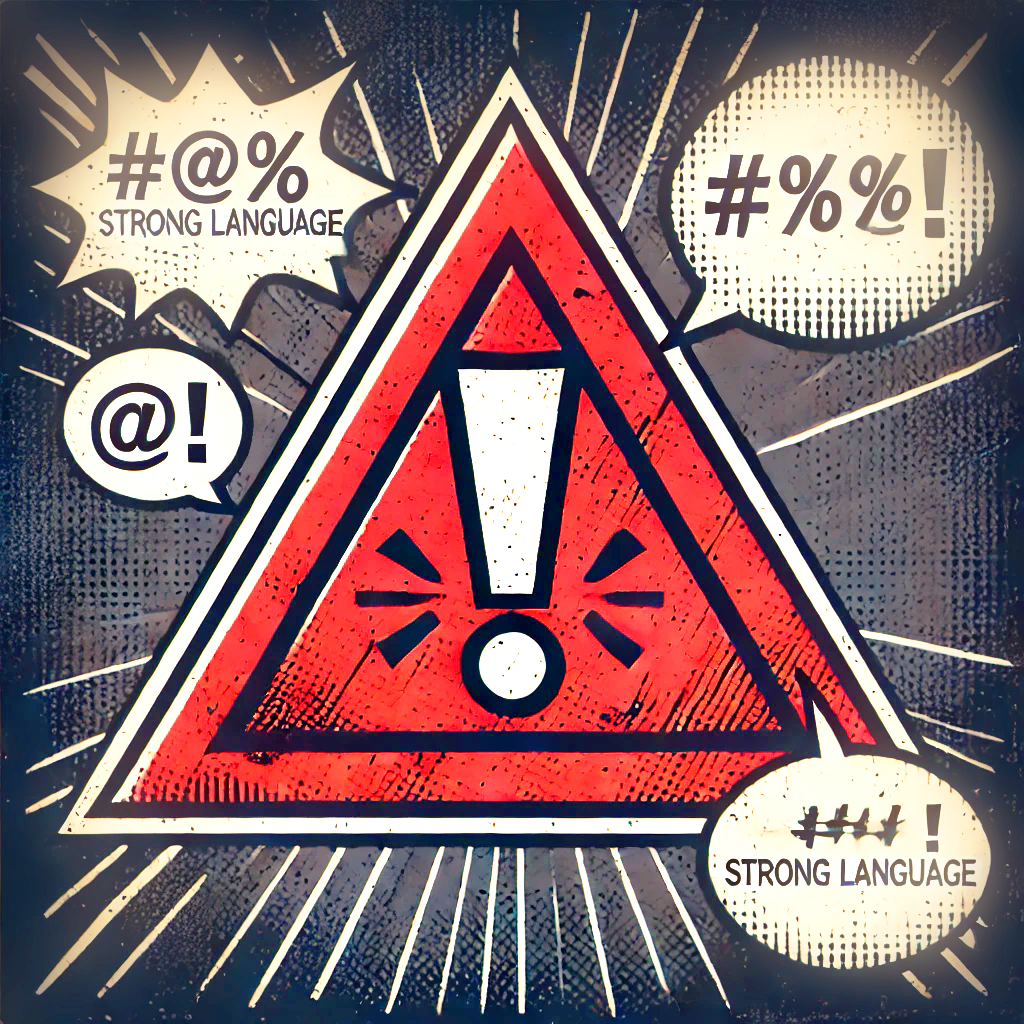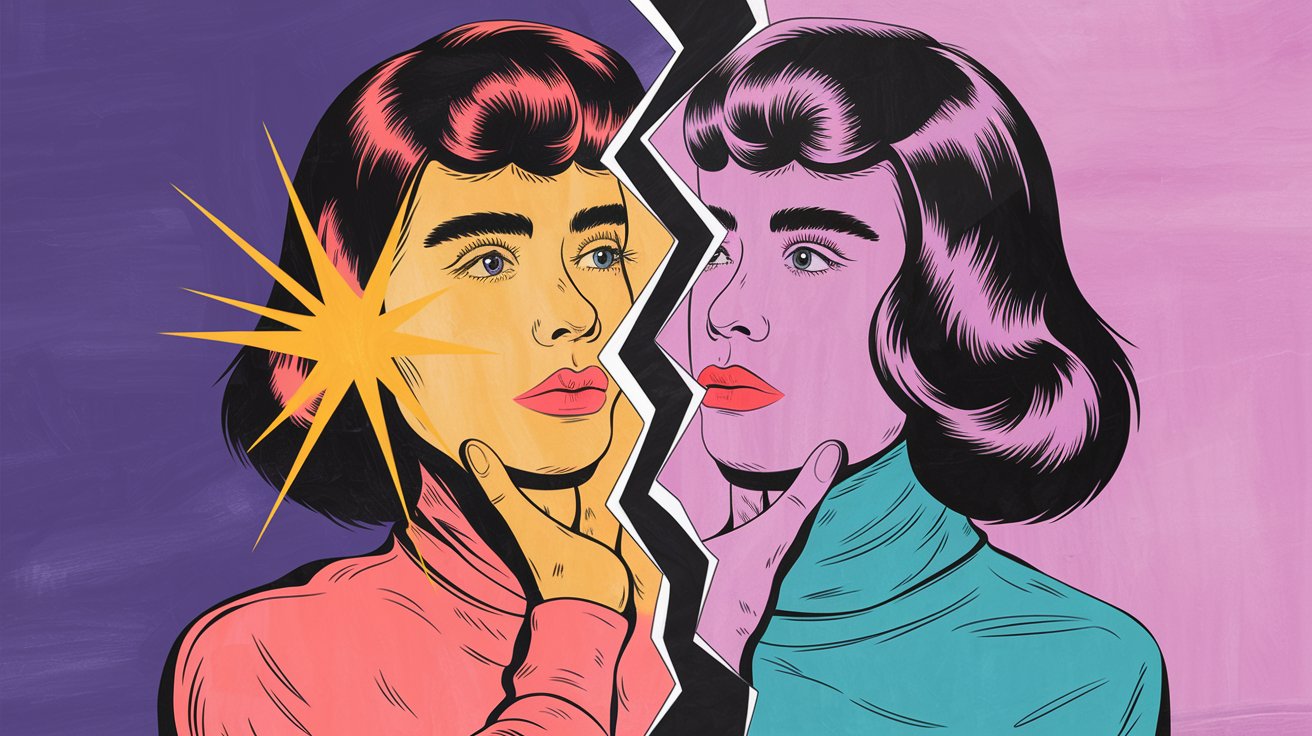Let’s cut to the chase: social media has become one giant costume party where we’re all actors in our own personal productions. We scroll through endless highlight reels—picture-perfect vacations, spotless living rooms, and flawless faces—and start comparing them to our messy, unfiltered reality. Suddenly, those sweatpants and that leftover pizza don’t quite fit the glossy image we’ve been carefully crafting online.
But social media isn’t just a collection of random snapshots. It’s more like a digital masquerade ball where we each have our roles down to a science. Instagram? That’s for your #fitnessjourney and motivational quotes. LinkedIn? You’re all about personal branding and professional wins. Twitter? That’s where you drop those philosopher vibes in 280 characters or less. And Facebook? That’s the “wholesome” platform, where you share family moments that subtly remind everyone you’re nailing the whole “adulting” thing. The truth is, every platform is another stage, another character, another mask.
But here’s the thing no one talks about: eventually, this online performance seeps into our offline lives. When we spend so much time curating these digital personas, we can start believing our own hype—or worse, feeling inadequate when we don’t measure up to our own projections. Over time, the line between the digital and the real starts to blur. Are we becoming these filtered, polished versions of ourselves, or are we slowly losing sight of who we actually are?
This is not a full-on rant against social media. There are clear benefits to having these platforms. They connect us with friends and family across the globe, allow us to share our passions, and give us a creative outlet. But make no mistake: there’s a dark side. The pressure to constantly post, perform, and maintain a certain image is relentless. And when every “like” feels like validation, it’s all too easy to become addicted to this endless cycle of approval-seeking.
The Performance Problem
Let’s talk about what I like to call “the performance problem.” The issue isn’t just that we’re portraying a polished, idealized version of ourselves online. It’s that these polished personas start to impact our sense of self. Think about it: if you’re always presenting yourself as the put-together, thriving individual, you start to feel like you need to live up to that image. But what about the days when you’re not thriving? What about the days when life is messy, or boring, or plain disappointing?
Here’s where it gets tricky: over time, we may actually start suppressing the “real” parts of ourselves to keep up the digital illusion. It’s as if our online personas have become these hyper-real versions of us, and we’re just the understudies trying to live up to their standards. The fear of showing up as anything less than perfect becomes paralyzing, and we find ourselves trapped in an endless loop of self-curation.
Identity Crisis Alert
So, what happens when the act becomes the reality? When the pressure to perform overrides our need to just be? This is where the real identity crisis sets in. Social media can become a kind of mirror that reflects back only the best parts of us, and if we’re not careful, we start confusing that reflection with our actual selves.
Imagine looking in a funhouse mirror that only shows your “good side.” Over time, that reflection becomes your go-to image of yourself. But here’s the catch: it’s not the full picture. It’s just the highlights, carefully trimmed and edited to make you look a certain way. And in the end, the more we invest in these digital identities, the harder it becomes to see ourselves clearly. We’re left wondering: am I becoming the person I post, or is the real me getting lost somewhere along the way?
Social Media’s Double-Edged Sword
There’s no denying that social media is a powerful tool. At its best, it’s a platform for connection, self-expression, and even social change. It can amplify voices, bridge distances, and bring like-minded people together. But the double-edged sword is sharp, and the other side isn’t pretty. The constant comparison game can breed envy, insecurity, and even resentment. It’s as if we’re all locked in a virtual beauty pageant, and the judges are everyone we’ve ever met—plus a few strangers. And if you’re not careful, you might start judging yourself by the standards of an audience you don’t even know.
Studies have shown that the more time we spend on social media, the more likely we are to experience anxiety, depression, and self-esteem issues. And it makes sense: if you’re constantly exposed to idealized, filtered content, your perception of “normal” becomes warped. Instead of seeing social media as a tool for connection, it starts to feel like a battlefield where you have to fight for relevance and validation.
Breaking Free from the Mask
So, how do we break the cycle? How do we make peace with social media without letting it define us? The answer might lie in something as simple, yet as difficult, as self-awareness. If we start recognizing social media for what it is—a carefully curated highlight reel—then maybe, just maybe, we can use it without getting trapped in its illusions.
The key is in balancing self-expression with authenticity. This doesn’t mean airing every hardship or sharing every messy detail. It’s about embracing who you are, flaws and all, both online and offline. Share the successes, but don’t be afraid to admit when things aren’t perfect. Let yourself be real, even if it means breaking the mold you’ve built. Authenticity isn’t about putting on a show; it’s about showing up as your true self.
A Challenge to Disconnect (and Reconnect)
Every now and then, take a break from the performance. Step off the stage, take off the masks, and reconnect with the person behind the profile. Challenge yourself to go offline, even just for a day, and see how it feels. Rediscover the things that matter to you—beyond the likes, the followers, and the filters.
Let’s remember that true identity isn’t measured by engagement metrics. It’s defined by the values and beliefs that shape us at our core. In a world obsessed with appearances, maybe the most radical act is to simply be real.
Because here’s the hard truth: at the end of the day, life doesn’t happen in a curated feed. It happens in the unfiltered moments—the ones that don’t make it to social media. So let’s make those moments count. Let’s be bold enough to live as ourselves, online and off. And let’s never forget that who we truly are is worth so much more than any highlight reel.

Raven Ashford
Raven Ashford is a blogger for BaedonWebZine, exploring unconventional ideas and challenging mainstream beliefs with wit and sharp commentary. As a Satanist, she offers a unique perspective on alternative beliefs.



Leave a Reply